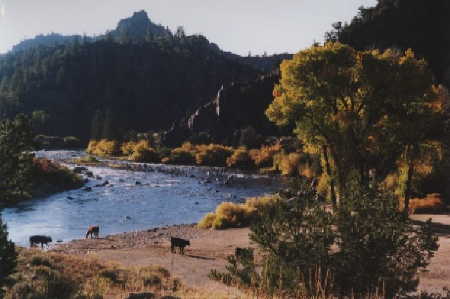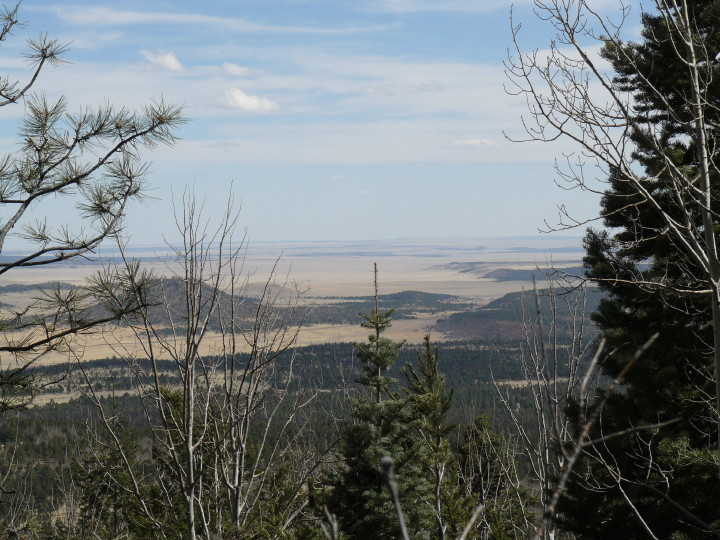Today, if communities are not united and working together with local community rights ordinances that protect them from corporate take-over, the status quo will continue to play out as seen in the article below. Join with over 128 communities across the United States, and pass a local community rights ordinance that extends protection to your water, clean air, and land. Exert the control granted to communities based upon the NM Constitution, and exert your rights to local self governance. Rather than letting corporations, state or federal government determine the fate of your community, act now and adopt a protective community rights-based ordinance. Contact Community Environmental Legal Defense Fund (CELDF) to find out how.
Marie C. Baca
ProPublica
May 19, 2011
As the shale gas boom sweeps across the United States, drillers are turning to a controversial legal tool called forced pooling to gain access to minerals beneath private property--in many cases, without the landowners' permission.
Forced pooling is common in many established oil and gas states, but its use has grown more contentious as concerns rise about drilling safety and homeowners in areas with little drilling history struggle to understand the obscurities of mineral laws.
Joseph Todd, who lives in rural Big Flats, N.Y., wasn't especially concerned when he learned in 2009 that his half-acre property had become part of a drilling unit. But when methane gas showed up in his drinking water well after the drilling began, he became outraged, describing forced pooling as "eminent domain for gas drillers."
"We never wanted to be a part of the drilling," he said. "To have something like this happen is beyond frustrating." Todd and some of his neighbors are now suing the company that is drilling near their neighborhood, even though no link has been proven between drilling and the contamination of their water.
People who see forced pooling as an infringement of property rights also tend to oppose the practice, including Pennsylvania's Republican governor, Tom Corbett, who has otherwise been a staunch supporter of the drilling industry.
"I do not believe in private eminent domain, and forced pooling would be exactly that," Corbett told a group [1] of nearly 400 drilling industry representatives and supporters last month. He also said he won't sign pending legislation that would allow forced pooling for drilling in Pennsylvania's gas-rich Marcellus Shale.
Forced pooling compels holdout landowners to join gas-leasing agreements with their neighbors. The specific provisions of the laws vary from state to state, but drillers are generally allowed to extract minerals from a large area or "pool"--in most states a minimum of 640 acres--if leases have been negotiated for a certain percentage of that land. The company can then harvest gas from the entire area. In most cases, drillers aren't allowed to build surface wells on unleased land, so they use horizontal wells or other means to collect the minerals beneath those parcels.
Thirty-nine states have some form of forced pooling law. West Virginia and Pennsylvania each have measures that don't apply to drilling in the Marcellus Shale, and proponents are trying to expand the laws in those states. (Check out our chart of forced pooling laws [2] across the United States.)
In New York, the owners of 60 percent of the acreage in the proposed drilling unit must agree to lease their land before the state oil and gas board will consider a driller's petition for compulsory integration, as it is known there. In Virginia, only 25 percent of the land must be leased. In all states with such laws, drillers must notify all the landowners within the prospective drilling area of their right to participate in a hearing before the oil and gas board, or whatever regulatory agency the state has set up for that purpose....continued....











